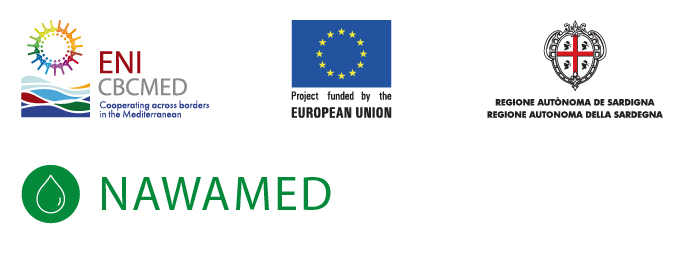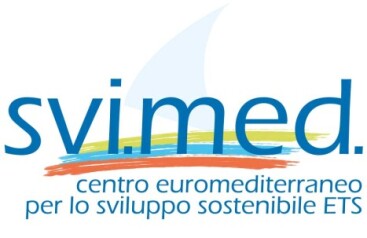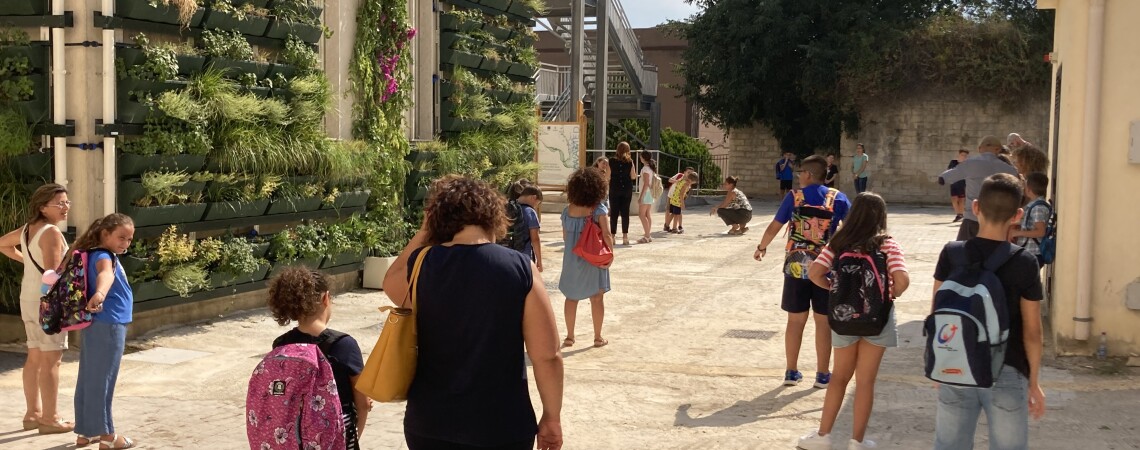 Project Description
Project Description
In Mediterranean countries, domestic water use accounts for a minor part of water consumption – a much larger quantity is used for irrigation – but it requires the best quality and its demand is continuously growing, along with improving lifestyle and increasing urban population. Moreover, urban water is still the main cause of pollution of rivers and groundwater, even when treated before being discharged. Per capita domestic water use can be drastically reduced by using non-conventional water (NCW) resources for not potable purposes: greywater (and rainwater when available) can be reused for WC flushing and irrigation but requires the implementation of decentralised treatment systems, serving one or a few buildings. NAWAMED, Nature Based Solutions for Domestic Water Reuse in Mediterranean Countries, aims at changing the urban water management practice by mean of innovative, sustainable, and low-cost treatment technologies, applicable in a decentralised way, to replace the use of potable water with good quality of NCW.
PARTNERSHIP:
Lead beneficiary – Province of Latina – Italy
IRIDRA – Italy
SVI.MED. EuroMediterranean Center for the Sustainable Development – Italy
Centre for Water Research and Technologies – Tunisia
University of Jordan – Jordan
Energy and Water Agency – Malta
American University of Beirut – Lebanon
Associated Partner:
Municipality of Tunis – Tunisia
Municipality of Jerash – Jordan
Municipality of Ferla – Italy
Politecnico di Torino – Italy
Objective
To increase the adoption of innovative, sustainable, water-efficiency and low-cost technologies and measures for the use of non-conventional water resources for domestic purposes.
What will be improved
The project will demonstrate the technical and economic feasibility of nature-based and, low-cost and technical solutions, such as living green walls, to treat non-conventional water resources in schools, universities, public facilities and in a refugee camp. Recovered wastewater or storm water will be reused for different purposes, including toilet flushing and irrigation and therefore consumption of potable water for domestic uses will be decreased. Furthermore, the project will showcase that design and architecture can make buildings water producer rather than water user.
Who will benefit
– Owners/managers of the 8 pilot sites
– 450 practitioners (e.g. engineers, architects, etc.), construction companies, university students
– 50 staff of local and regional authorities
Expected achievements
• 8 real scale pilot installation for greywater/rainwater treatment and reuse including living green walls (vegetated vertical elements mounted on building surfacesfacades) and horizontal constructed wetlands installed treating flows fromon a public buildings, a in parking areas and in a refugee camp
• 30% reduction in water consumption at pilot sites level
• 9.000 m3/year of unconventional water to be reused at urban/domestic level
• 15 technical visits to pilot sites
• 10 training workshops organized for technical staff and decision-makers
• 1 Mediterranean Policy Document to foster the inclusion of water demand management and non-conventional water resources measures in national policy frameworks.
For a general overview of the pilots and the main results achieved, download the final publication here.
For more information on the Wall2Water installed in Sicily, visit www.pareteverdeferla.it.
Watch the NAWAMED short film ‘Drops of Dew’, now public and accessible to a global audience with subtitles in English, French, Spanish, Catalan, Greek and Arabic through this link.
Contact person:
Barbara Sarnari, project coordinator
+39 3891877681



